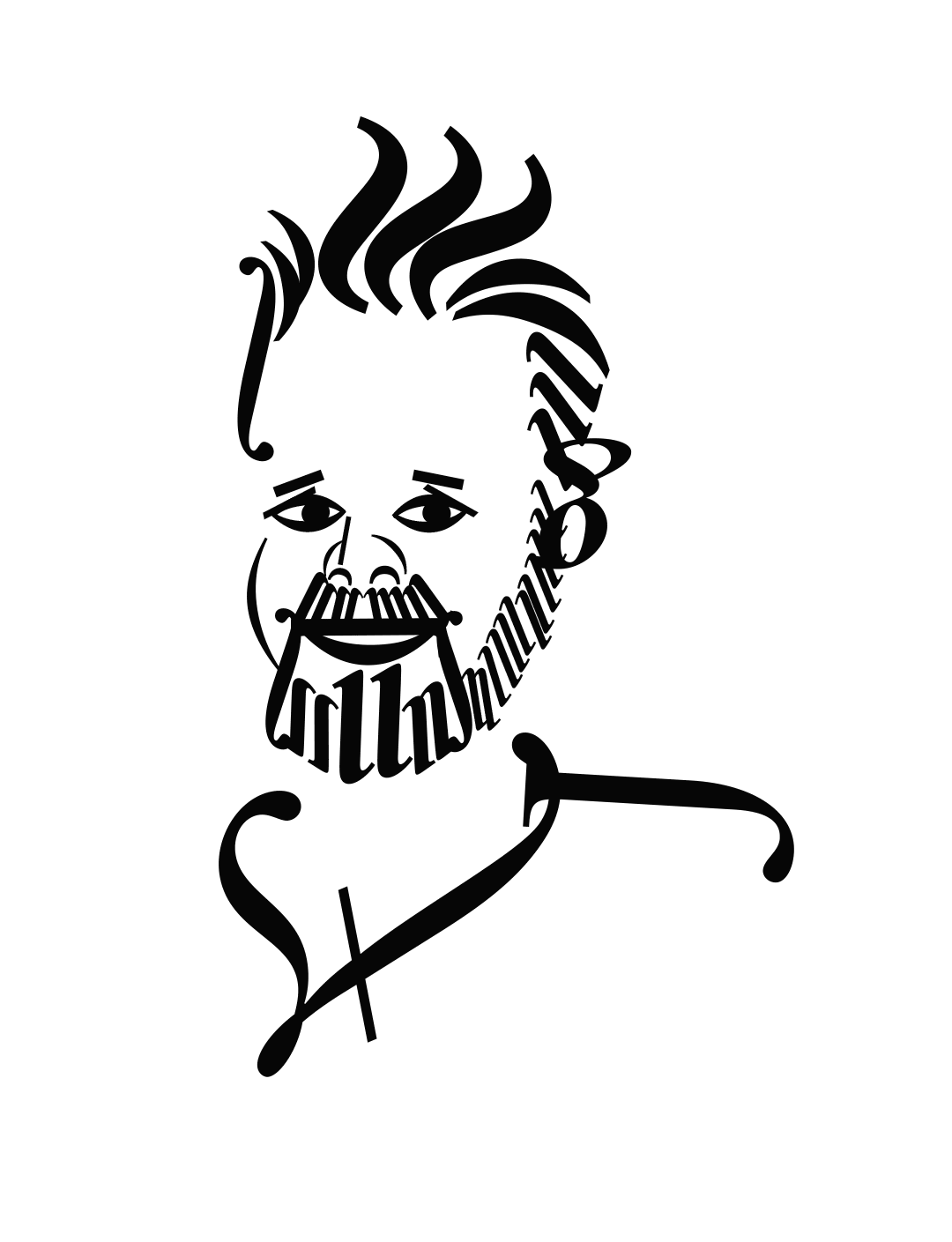Laurie Goodridge--- 15 October 2016
By Lorenzo Princi
What do you do?
Wow! At the moment I’m just trying to change people’s lives and improve their ability to actually make-- add value, yeah, and I’m doing that through mentoring-- it was teaching up until recently but it’s changed over into more of a mentoring role and it’s going to go for another few months and then I have no idea of what I’m going to do!
Let’s go back in time a little bit because you’ve gone full circle in a lot of ways, the early part of your career started in the creative field, what was your experience in graphic design back then?
It was weird, I’ve got to keep analyzing this one myself. I’m analytical, I come from a family of scientists, so I think I validate my own information in a similar sort of way that they validate it. So I think the latest version of it for me is that-- I come from a family that had creativity at the heart and balanced that with this love of science and I tried both and wasn’t very good at one of them, so landed in the other really. Fine arts was a direction I’d possibly take but the problem with fine arts was that parents don’t really believe you can actually make money from it and mine in particular because they’d tried and so they naturally sort of pushed me towards a commercial version of that which was Graphic Design which I loved and I-- once I actually found that it was something that I loved and once I actually found that it was something that I felt like I operated in-- I took it in that direction and felt success so yeah… went on from there.
"The problem with fine arts was that parents don’t really believe you can actually make money from it."
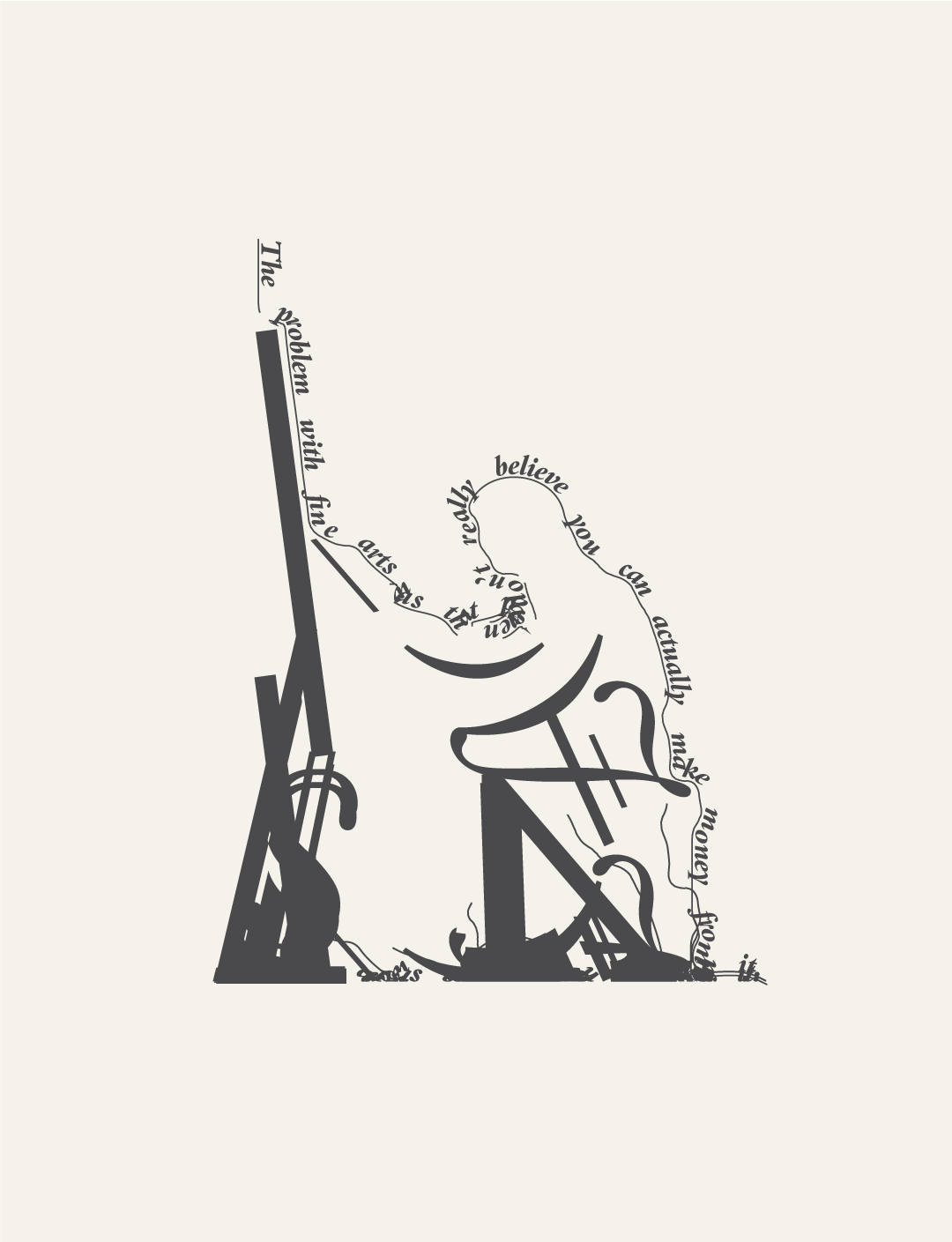
You changed direction and started working for Games Workshop, what caused this transition?
Yeah, (Games) Workshop is interesting because again, it was a manifestation of a childhood type of dream which-- and another aspect of proving parents wrong so-- this will come up as a theme I’m sure [laughs] but when I was fifteen we moved to Australia, when I was sixteen we moved back to England and then discovered Games Workshop at age sixteen-- I had not been introduced to it at that point and got into it quite heavily and was told that there’s no future in doing this stuff even though it was an artistic expression in my eyes and I got-- again I got-- it was one of those things I could put effort into and practice and get good at so when I moved back to Australia still at age sixteen I was reasonably proficient in painting and I got scooped up by a small shop at that stage and-- just to paint-- just to paint miniatures and I started my own business just painting miniatures for other people which at the time was not a common thing and now it’s a very, very common thing but at that time it was a very uncommon thing and it gave me enough money to support the hobby and start to amass a collection.
And that love of the hobby just never really went away; through study and-- studying graphic design and moving to that field, it was always there and then career-wise at that point it was finishing study but trying to find work and actually getting small studio jobs and pulling in a few freelance jobs every now and then and at the time I also worked at a bookshop. A science fiction book shop and I read-- we were in that bookshop for a few years and at the point I think when I was ready to leave, the manager at the Games Workshop in Perth arrived, like “Games Workshop is just arriving here!” Came into my store because he’s a fan of science fiction books as well and we got talking and he said, “come and work for me” and I just went “okay, let’s give that a shot” and it went from there really, it started from that point.
And through managing the store to Brisbane to open a store, running one in Mt. Gravatt for a while, working and expanding that and thinking about how we could expand the business, working with trade and then eventually just moving into that field at Games Workshop as well. With this total desire to at some point not work in that part but never really having the opportunity to get out of it.
Games Workshop offered you some creative outlet, often working on articles for its publications due to you skill as a painter and you were successful there in a lead sales position, why did you decide to return to study at a later point in your career? Why take the risk?
It was-- it was a dissatisfaction with the level of study which I’d completed in the past and knowing that design and technologies change very, very rapidly. So, it was more to actually satisfy my curiosity about education and a little bit about my desire to actually go and improve my knowledge of current software.
So that led me back into education. I got RPL’d (Recognised Prior Learning) for everything, absolutely-- so they-- the guy at the college at the time, still really good friends, I won’t say his name but he said that he would RPL me for pretty much everything so the course didn’t cost much and-- so I stuck it out and it was rubbish course. It was really bad, it was more of a holiday than anything else, it was almost a year long holiday and at the end of it I told them that it was a rubbish course, I said, “what you’ve got at the moment is not world class, it’s not attractive, it’s not a good model but what you do have which is really good is these amazing people and this amazing atmosphere, this familial kind of feeling about the place.” So they said, “fix it then!” So I-- “okay” and I landed a teaching job with them and that led into management role when the program manager at the time passed away-- so that led to the management position which become more permanent and connected me with a lot more of the design community. A lot more of the academic community and I’ve progressed from there and it’s been a surprise and a delight to actually go and work in that sort of space.
Things seem to have taken an interesting turn because your goal was seemingly to return to a creative commercial career however you’ve ended up entering the world of education as a teacher in the creative space? There are some parallels between teaching and running a Games Workshop store where you're inspiring kids...
It’s all about people at the end of the day, it’s always been about people and I think what I understood about kids, particularly with (Games) Workshop-- What I understood about kids is that they just need someone that they look up to and someone they respect and someone who will actually listen to them. Someone who can actually help the to improve-- find their way. So the parallel was always there and then the service side of it and knowing a little about the value that people have around a product and a decision in their life that become a really significant thing as well. So I think I focus a lot of my time on trying to figure out how to actually just keep momentum for people when they’re actually just trying to improve and add value in their life.
"What I understood about kids is that they just need someone that they look up to and someone who respects and someone who will actually listen to them."
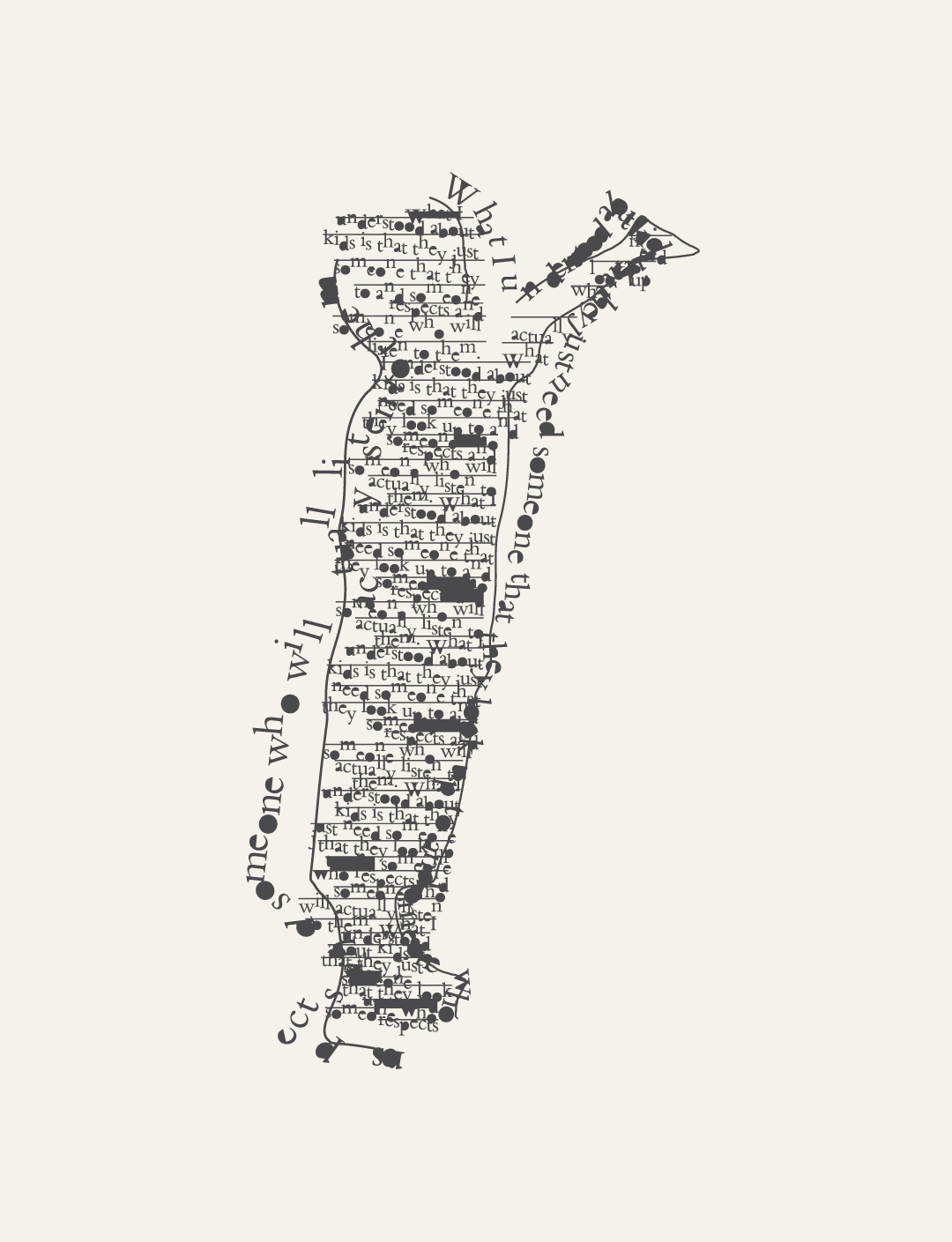
Teaching systems and processes are a focus of yours and have spent time developing curriculums at both CATC and Tractor. There has been a radical change in the education system in the last decade with the advent of the flipped classroom concepts and colleges such as Tractor and GA. Why do you think these approaches are important?
I think that from the teacher's perspective there's a lot of reason why you want these things to happen. From an academic compliance point of view it’s troubling. So-- it’s not one of these things that can really be-- you can’t say run this class in this particular way because the very strict regulations that are in place, which I don’t disagree with-- they don’t allow for a great deal of innovation and movement and expression when it comes to teaching and so trying to innovate and trying to just find a way to just deliver information and knowledge so that it sticks is tough, really tough.
So, the things like flipped classrooms and deliberate practice or any of the models which we’ve been talking about, they’re incredible helpful so long as you know how to use them. You can’t just say, “I’ll just run this one as a flipped classroom” with nothing more than just a model for flipped classrooms. You need to know all the pitfalls, you need to know who it’s right for and what type of class would actually benefit from that but it is important because education is about trying to bridge someone from no knowledge to real functional knowledge and it’s-- there’s a lot of information to pack into a very short space of time and the problem is that until you actually encounter it in the real world, you don’t utilise eighty percent of the education you get and then when you need it you go, “hang on a minute, I think I remember we did something around that but I have no idea what we did or how we did it.” So, then that’s when the real benefit of a teacher/mentor comes into play. It’s not the short term relationship with that person during that education, it’s the point that they come back to you and say, “hey remember when we did this, what was that again” and I think I’ve seen more benefit from that part of it than any other part.
"Adoption of technology is at its highest because we’ve actually started to think about how technology and people will actually integrate."
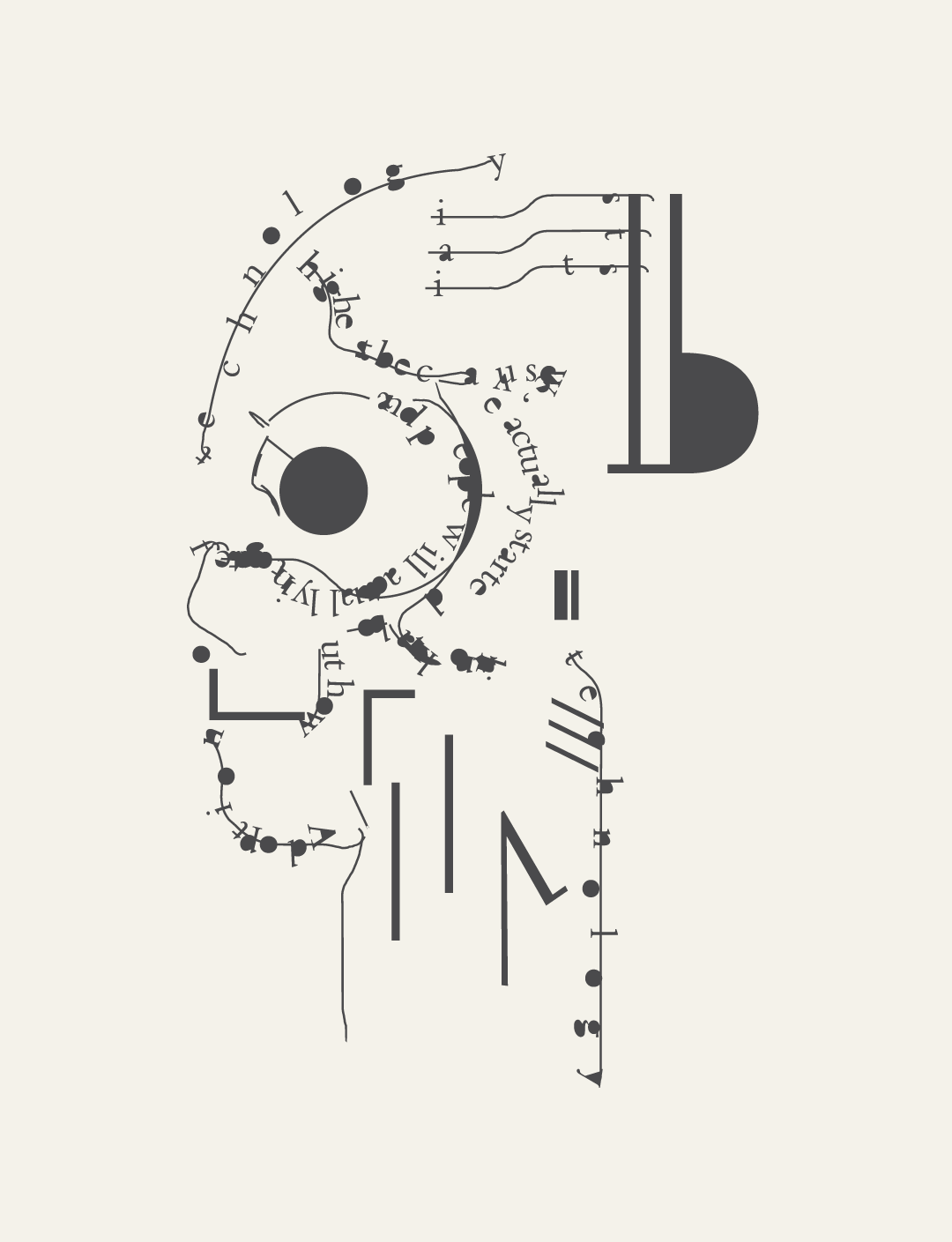
One of the things I’ve noticed in the software space is the real connection between the education system and the industry itself. There are no shortage of events where industry experts are blending more and more with students and newcomers (either by talks or becoming educators at the same time as being active in the industry). How has this melting pot been forged do you think?
Because things are moving so quickly I guess, we’re in a point at which-- a golden era where technology is just making such swift advances that-- and adoption of technology is at its highest because we’ve actually started to think about how technology and people will actually integrate and these new option and these alternative things which will start to appear with new devices and getting away from screens. You have to be able to actually go and work in those spaces, so, we’ve got this whole scenario of situational education where people actually need the immediate knowledge and they’ve just got to go and get it and they have to go and find it and then the sharable nature of the internet right now. So anyone can film something, anyone can record something, anyone can share something, anyone can create a group that get together and actually learn something or create something and I think that’s exactly where all this has come from and it’s not just exclusive to design, it’s in all fields and it’s everywhere. People are just into the depth and into doing stuff.
"We’re talking about the people who just go and find a problem."

With the advent of new technologies and the fast pace changes in the software focus affecting more and more businesses, there are a lot of people studying on the side or returning to study after many years in a field, what are your thoughts on this and it’s impact to education strategies?
Maybe people are just trying to find a way to become specialists again? Maybe that’s it for design, I don’t know but we’ve had this whole scenario where the designer has taken on more and more roles and because of the access to the types of software we use-- because of the types of functions we might perform. So we’ve got all this access, the expectation of a designer is increased. So when you say, “I’m a graphic designer”, we’re not talking about, what we used to talk about twenty years ago, we’re not talking about the people that go and just make, a logo or make a stationary set. We’re not talking about that person anymore. We’re talking about the people who just go and find a problem with a-- an activity that someone is just trying to undertake.
So-- and as well as design branding and identity and all that sort of stuff which we used to do. So because we’ve got this gigantic explosion there’s a lot of people who actually have a really broad range of knowledge but not many people have a narrow and deep knowledge. So, I think a couple of years ago was the first time I encountered this whole idea of a T-Shaped person and that’s become part of the language and part of the environment for us-- is to create these T-Shaped people.
What doesn’t that actually mean going forward? I think it means we want these people to become more and more specialised and we actually value that specialisation again, which I’m really looking forward to, I very encouraged by the fact that we want specialists again.
"We want these people to become more and more specialised and we actually value that specialisation again."
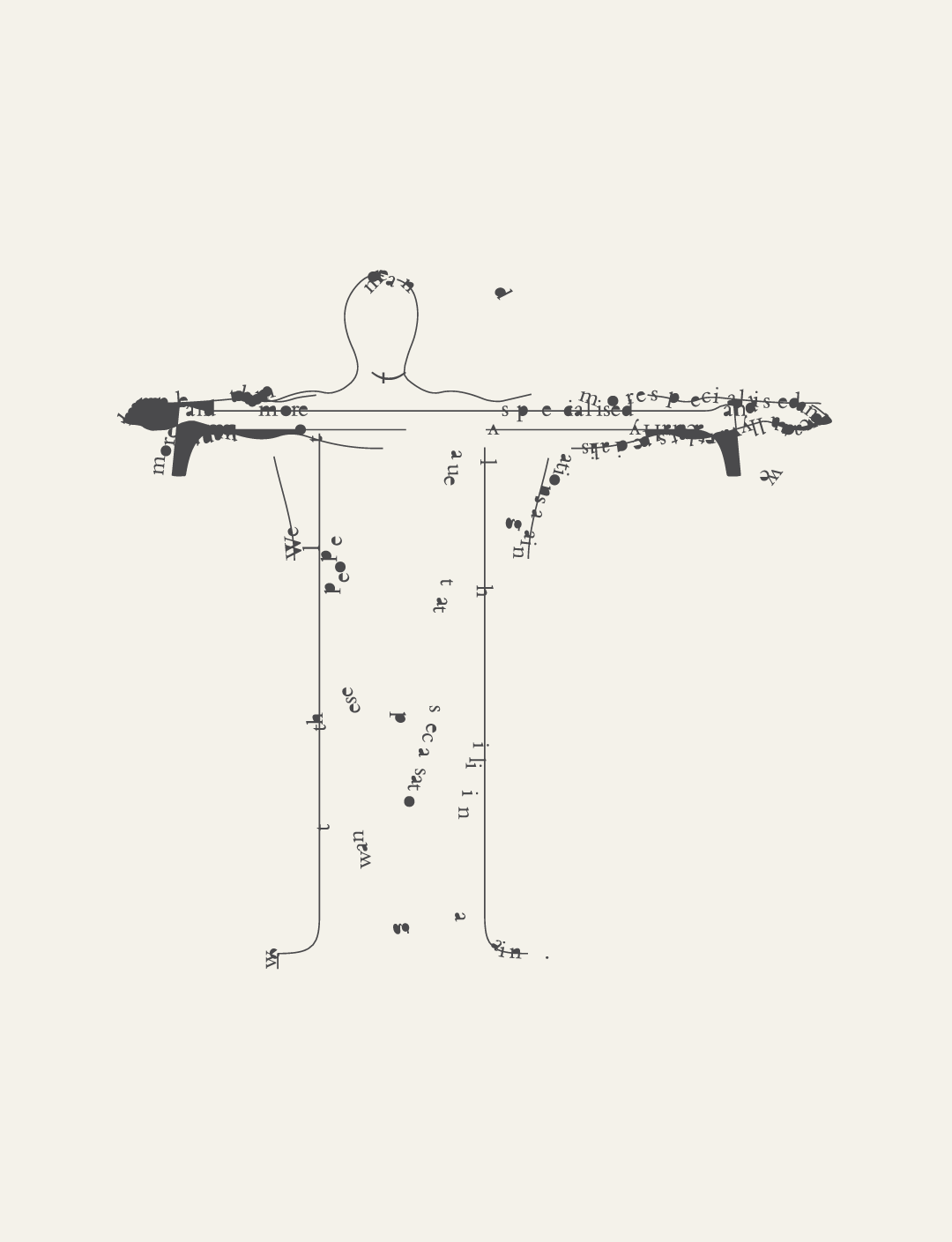
You’re an artist at heart and have done quite a bit of work as an illustrator. It’s a field that has sort of found it’s feet again in the commercial space due to the advent of computer graphics, animation and the gaming culture explosion. Is it getting easier to get into the commercial space as an illustrator?
Yeah, it’s one of these things again and it comes back-- I’ll take this all the way back to Games Workshop again. So as a sixteen year old me discovered miniatures and miniature painting and I was looking at artists who are actually able to create these amazing pieces of work and I never looked at that and thought, “I’m rubbish”, I always looked at that and thought, “I can do that, I’m going to be able to do that.” All I needed to do was put the practice in, so that taught me a lot and I think aspiration is the really important part and I’ve applied that to a lot of different aspects of my life over time.
So illustration for me at the moment is about that, it’s about, can I apply that same model which I applied as a sixteen year old me to illustration now in order to actually go and take it somewhere, develop it, move it somewhere. It’s more difficult as you get older to do that and I don’t think I’ve been producing work that has the kind of value that I want it to have. It’s taking me longer to achieve that but I’m not going to stop doing it, I’m not looking at my work and thinking it’s rubbish. I’m looking at my work going, “it’s not quite where I want it to be” and and some point it will be all I need to do is put the time and effort into it.
Lastly, what’s next?
What’s next… I think that I still need to use what I know in a richer context. People often talk about teaching as being a noble profession and there’s a lot of selflessness is that. I don’t think it really is as selfless as you might think. It becomes a product and a routine in some ways. You always establish really strong relationships and I think that’s important. You really learn a lot about the students and the people around you.
What it probably doesn’t satisfy for me is a progression of my own skill. It’s a progression of someone else’s skill and being exposed to the-- a skill set of people who are in a learning scenario is not the same as being exposed to a skill set of people who are innovators in the world, leaders in the-- and the people who are really just pushing the boundaries and I think I want to be around them for a while. So-- and I have no idea what capacity that’s going to take but it will probably be around something with human centered-- something around people and around what I want to achieve; to help people. If it can be in a design field, that’s fantastic. If it’s not in a design field, I’m okay with that to but something which actually just helps to promote people to actually achieve what they want to achieve I think is a big deal for me.
